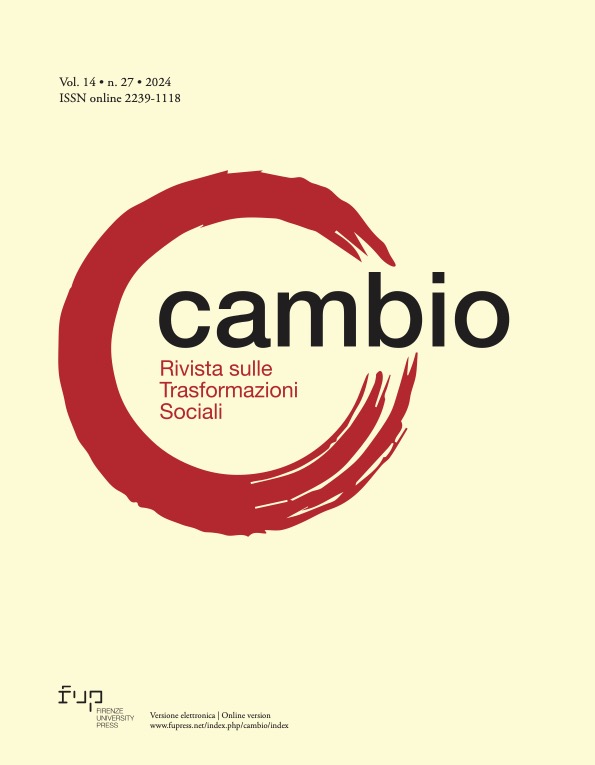Decentralised Control, Fragmented Conflict. Dissecting Work Relationships in Food Delivery Platforms
Published 2024-12-09
Keywords
- Multi-stakeholder management,
- workplace conflicts,
- food delivery,
- platform work
How to Cite
Copyright (c) 2024 Francesco Bonifacio, Gianmarco Peterlongo

This work is licensed under a Creative Commons Attribution 4.0 International License.
Abstract
Based on a multi-sited ethnography of the platform-based food delivery sector in Italy, the paper investigates the everyday experience of couriers focusing on the conflictual character that permeates their relationship with the other actors enrolled in the process of production. Drawing on Gandini’s (2019) conceptualisation of digital platforms as decentralised points of production, the aim of this paper is to extend the analysis of food delivery work beyond the rider-algorithm nexus, in order to focus on the other sites where workplace control and conflict are manifested. Building on the conceptualization of food delivery platforms as a multi-stakeholder management system, we show that the decentralisation of organisational control corresponds to a parallel fragmentation of workplace conflict dynamics. In particular, the paper addresses three areas of conflict. First, we focus on the relationships among couriers to show how the hyper-competitive model of food-delivery platforms gives rise to tensions and anti-solidaristic practices. Secondly, we explore the conflictual dynamics that characterise the riders’ relationship with customers and restaurants. Through a detailed empirical analysis, the paper reveals that the power of platforms also includes their ability to obscure the ‘structural antagonism’ at the heart of the employer-employee relationship, fragmenting the workplace conflict into multiple loci at the periphery of the labour process.


